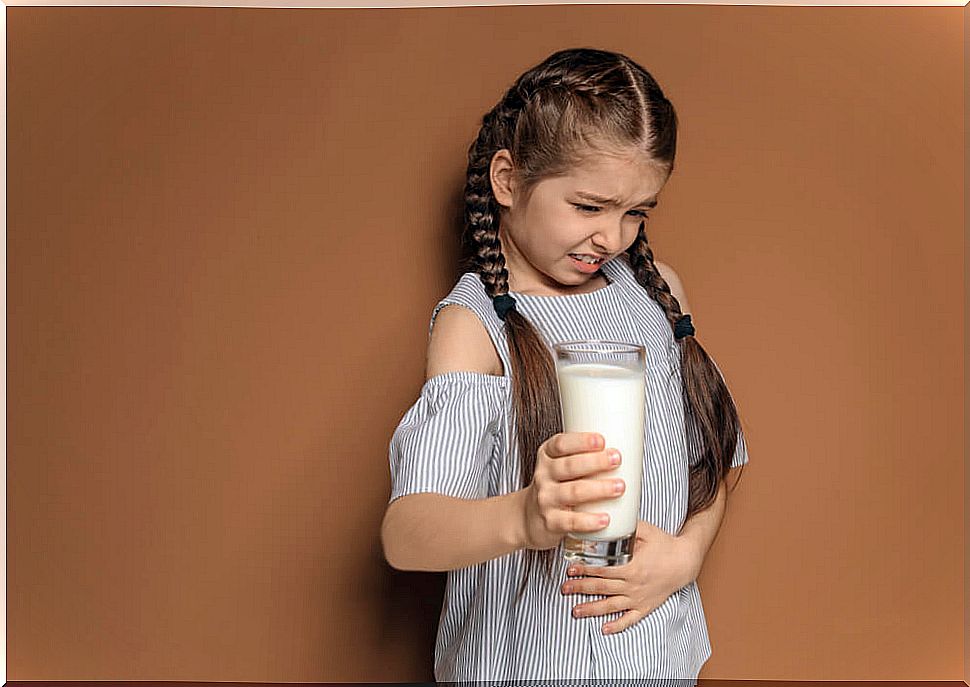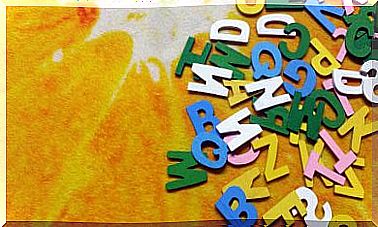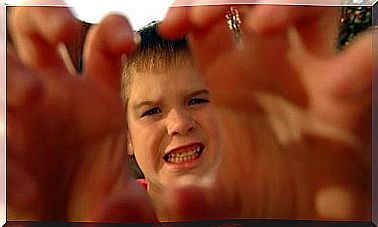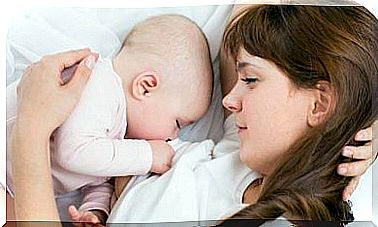How To Act In Case Of Hiccups, Fever Or Vomiting?
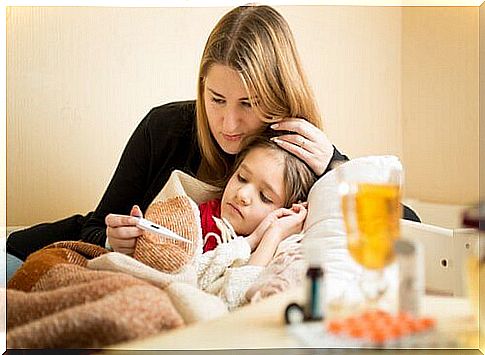
During the first months of a baby’s life, any parent can become concerned when the little one has an attack of hiccups or has a fever or vomits for more than 24 hours. Although these symptoms are quite common at an early age, it is convenient for parents to be attentive to their evolution.
In general, the discomfort caused by these symptoms usually disappears without leaving sequelae. With which, they become part of a (transitory) reaction of the body to some foreign agent.
3 common symptoms: hiccups, fever, or vomiting
Although they are not related to each other, these conditions are treated together because they are the main cause of alarm in healthy children. Although hiccups cannot be compared to fever, because one is more serious than the other, both must be controlled appropriately so that they do not harm the child later.
While it is true that by maintaining good care it is possible to prevent many diseases, hiccups, fever or vomiting cannot be completely avoided. If a child develops a fever after he has been affected by a virus or bacteria, his body will undoubtedly defend itself through fever, vomiting or other mechanisms.
On the other hand, it should be noted that although vomiting is not always due to stomach problems, it usually appears as a result of these. In general, it is the body’s response to some agent that is already present in the body.
Meanwhile, hiccups are an involuntary movement that puts pressure on the diaphragm and begins for no apparent reason.
A dangerous enemy: fever
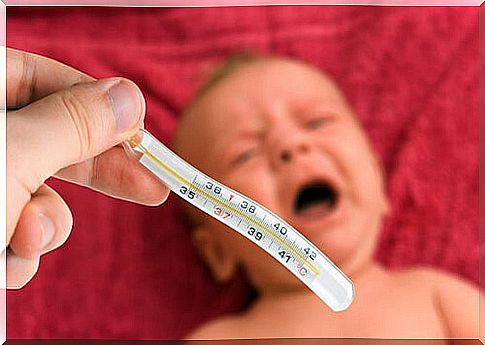
Although it is not a disease, it is a symptom that must be watched closely since it can increase over time (if it is not treated) and indicate the existence of a greater problem. In babies, it is a sign that a pathogen has entered their body.
When the baby’s temperature is above 38º and persists for several hours, it is important to consult with the pediatrician to be able to provide the most appropriate treatment for the little one. You don’t have to leave the problem unattended or give him over-the-counter medications.
Fever can be the symptom of a viral infection, which is very common during the first months of life. In any case, you should always opt for pediatric treatment and not natural or related remedies. Especially when the fever persists and is accompanied by other symptoms that prevent the baby from eating, sleeping, etc.
How to act in case of fever?
- Refresh the baby with care, fanning him, putting on fresh cotton clothes that allow perspiration and do not increase his discomfort.
- To refresh it, you can use cold compresses and place them on the arms, legs and chest for a few minutes, every so often.
- Keep the baby hydrated.
- Administer the medications (paracetamol or others) prescribed by the pediatrician according to their indications.
- Monitor the evolution of discomfort and whether or not other symptoms are present.
Vomiting in children
It is a sign that there is a pathogen in the body, although it may be related to an element that affects the stomach, it is actually a virus alarm, the presence of bacteria or infection.
Vomiting in very young children is a cause for concern for parents, because as we know, it is a symptom of something older and they cannot express how they feel. In addition, vomiting can cause the child to suffocate.
Although not all causes of vomiting are serious, it is necessary to distinguish that you consult your doctor immediately to choose the most appropriate treatment. Meanwhile, the child must be assisted by an adult while expelling the contents of his stomach.
The child is likely to improve considerably after vomiting. The problem is when the symptom occurs repeatedly in short periods of time. Of course, if the child has vomited for more than two days in a row, the intervention of a specialist is necessary.
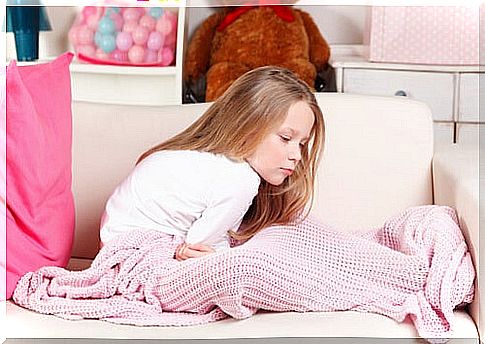
How to handle the case of vomiting?
- Keep the child hydrated.
- Take care of hand hygiene.
- Never leave him alone while vomiting.
- Regulate feeding times.
- Comply with the cleaning and cooking of food.
- Make sure that the child does not eat more than what corresponds to his size.
- Be strict with the sterilization of objects that come into contact with the baby.
- Watch for any other signs of discomfort (fever, loss of appetite, pain or diarrhea, etc).
Why do we worry about hiccups?
Hiccups are usually a temporary symptom and are almost never caused by a serious condition, a worrying health problem or concern; but when it is prolonged in time, it can be an alarm for neurological, gastric or metabolic diseases.
The baby hiccups for the same reasons as adults, but parents worry more because the contraction of his small body does not seem normal and is excessively uncomfortable for him.
How to act in a case of hiccups?
Just as the appearance of hiccups is strange, so is the method of stopping it ; that is, it is not known precisely which of the options may work better in each case. Some of the most common measures that are usually taken are:
- Prevent the baby from eating or drinking too fast.
- Do not put the child to bed immediately after eating.
- Pass gas during and after meals.
- Check if he is breathing correctly.
- Keep it hydrated.
Conclution
Hiccups, fever or vomiting are annoying symptoms that, with proper care, can disappear in a short time and without leaving sequelae. In any case, it is important not to take measures without first consulting with the pediatrician, since the improvement of the child will depend to a great extent on this.
